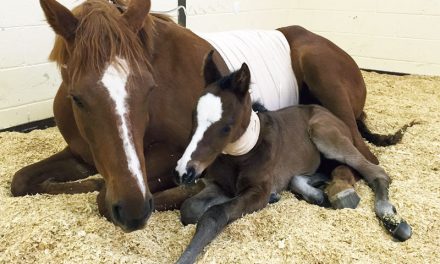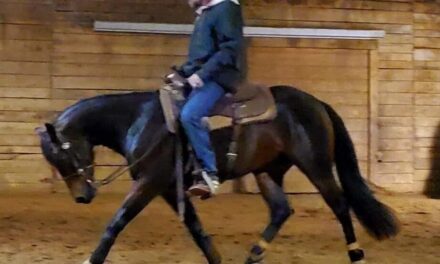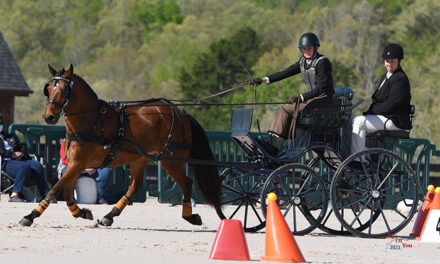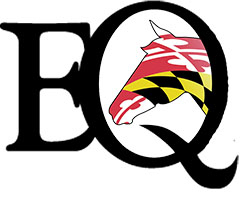The following statement was issued by the US Equestrian Communications Department on June 23
Lexington, Ky. – Two horses displaying neurologic signs at a USEF licensed competition at the Virginia Horse Center (VHC) were confirmed positive for Equine Herpesivrus-1(EHV-1). Both horses were immediately moved off the grounds to a veterinary clinic. One horse is receiving medical care and is stable. Sadly, the other horse was euthanized due to the severity of clinical signs.
Approximately 80 exposed horses that were stabled in the same barn as the two positive horses at the VHC have been placed under quarantine, prohibited from competition, and placed in isolation by the State Veterinarian’s Office of the Virginia Department of Agriculture and Consumer Services. All exposed horses are being monitored twice daily for fever (temperature over 101.50° F) and other clinical signs.
No other horses at the horse show are considered exposed and the horse show will continue. However, out of an abundance of caution, the unexposed horses are having temperatures and clinical signs monitored.
The USEF Equine Health and Biosecurity Veterinarian, Dr. Katie Flynn, has been in direct communication with all parties regarding the response to the confirmation of EHV-1. “I applaud the VHC staff, the show veterinarians, competition management, and show participants for their prompt response and collaborative efforts to immediately implement biosecurity measures to protect the health of all equines on the premises,” said Dr. Flynn.
Based on the thorough assessment of the premises by the Virginia State Veterinarian’s office, and the immediate activation of the VHC biosecurity and disease response plan upon confirmation of EHV-1; the USEF supports the continuation of competition with the enhanced biosecurity measures and monitoring of horse health through twice daily temperature recording and observation for signs of illness. USEF will continue to monitor the situation.
As a reminder when commingling horses, there is always a risk of disease. There is no way to eliminate all risks. Vaccination and good biosecurity practices reduce the risk of disease while at competitions. For more biosecurity tips for keeping horses healthy during competition visit https://www.usef.org/forms-pubs/Kgxcgp4ytKE/exhibitor-biosecurity-measures-pamphlet
For more information on EHV-1 or the latest on disease outbreaks visit https://equinediseasecc.org/.












